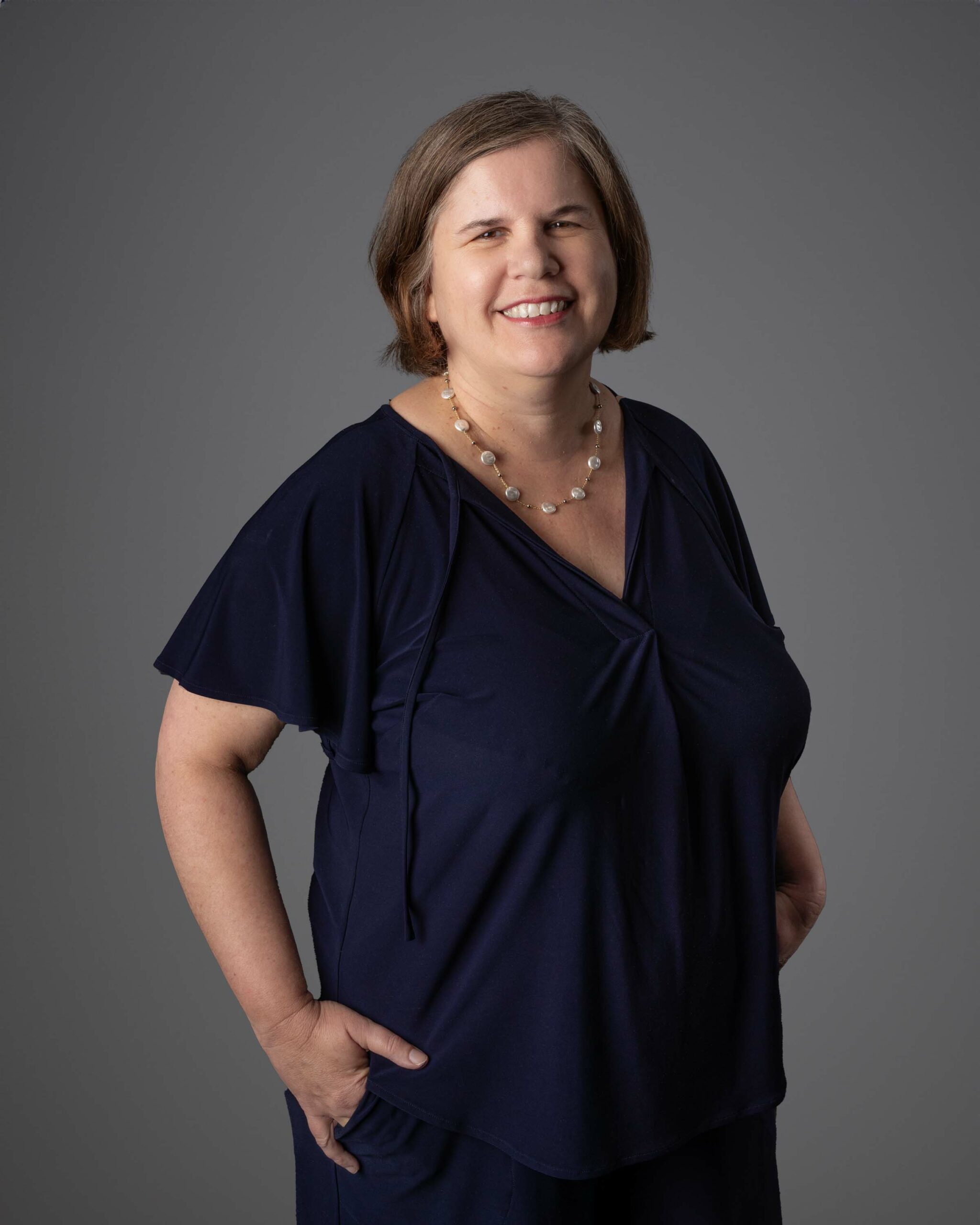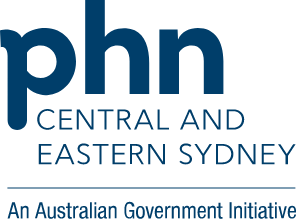CEO Report
Nathalie Hansen, CEO
Looking back over the past year, we’ve made great progress across many areas. I’d like to share a few highlights, but I encourage you to read the full report for a more comprehensive overview.
Urgent care was a key focus this year, with the launch of the Maroubra Medicare Urgent Care Clinic in August 2023, followed by clinics in Caringbah in December and Carlton in January. At the time of writing, there are now five urgent care clinics operating in the region. These clinics help reduce pressure on hospital emergency departments by offering GP-led care for urgent but non-life-threatening conditions. The Maroubra clinic celebrated one year of operation, having treated over 11,000 patients. This program could not succeed without the support of local general practices, local health districts and networks, the Ministry of Health and the Commonwealth. We are grateful for your support on this journey.
This year also saw the introduction of MyMedicare, a voluntary system which allows people to sign up with their regular GP and practice in order to strengthen continuity of care and relationships between patients and their regular GP. Registration for eligible practices began in July, with voluntary patient registration starting in October. Our teams at the PHN have been actively supporting the roll-out of MyMedicare in general practices across the region.
One of our key roles as a primary health network is to better connect people to services and this year we launched both the Health and Community Services Directory and the Mental Health Services Directory. The Health and Community Services Directory helps people in our region easily find available programs, services and groups, listing over 1,500 government and non-government organisations that offer health and social support services, many of which are subsidised or free. The Mental Health Services Directory is designed for referrers and service providers to match clients with appropriate services, providing up-to-date wait times and allowing for easy filtering based on age, population, service type, and level of care.
We’ve also made significant progress in addressing the needs of multicultural communities. At our October 2023 strategy workshop, stakeholders suggested the creation of a committee made up of multicultural agencies to guide us in our work with these communities. This committee, representing 15 services, met for the first time in May to discuss our multicultural health efforts, the PHN Multicultural Framework and to assist with in-language consultations and co-design work. We will use this information to help inform our needs assessment and commissioning of new services in the year ahead.
In February, we were proud to launch our Disability Inclusion Action Plan, which was informed by an advisory group made up of people with lived experience and PHN staff. This plan underscores our commitment to improving health outcomes for those with a disability through service delivery, care integration and advocacy. The plan will also support an inclusive workplace culture, ensuring that staff with disabilities are supported by equitable recruitment practices and a focus on their wellbeing.
In March we launched our second Mental Health and Suicide Prevention Regional Plan developed in partnership with Sydney Local Health District, South Eastern Sydney Local Health District, St Vincent’s Health Network, the Sydney Children’s Hospital, the peak bodies for people with lived experience (Being NSW), for carers (NSW Mental Health Carers), and community-managed organisations (the Mental Health Coordinating Council).
Like many across the country, we were deeply shocked by the tragic events at Bondi Junction Westfield in April, when six people lost their lives in a senseless attack. In response, we quickly developed a Bondi Junction Incident Response to offer additional, free mental health support through Head to Health for those affected. We also shared key resources and mental health hotlines with the community and provided guidance for health providers and parents on how to communicate about the tragedy with children.
Our PHN region is home to four major universities, and we receive numerous requests to be involved in research. This year we launched our Central and Eastern Sydney PHN Research Strategy 2024-2027. This strategy reaffirms our commitment to supporting high-quality research that addresses the health and primary care needs of our region, ensuring alignment with our organisational vision and strategic goals.
Recognising the growing importance of data, we developed a five-year Data Strategy to maximise the value of data across our organisation. This strategy will improve how we use data to inform needs assessments, commissioning, joint planning and quality improvement, benefiting our communities, providers, workforce and organisation.
None of this work would be possible without the incredible support and collaboration of our member networks, clinical and community councils, local health districts, and the broader community sector. Thank you for your ongoing partnership.
I also want to acknowledge the dedication of our leadership team and staff, who have worked tirelessly to drive these initiatives forward. Their efforts have a tangible impact on the health and wellbeing of the community, and it is a privilege to see this work come to life. Special thanks to our Board for their guidance throughout the year. I particularly want to thank our Board Chair Michael Wright who is stepping down as Chair at the AGM in November. He has been an amazing support to me and the organisation for the past seven years.
I look forward to the year ahead, the launch of our new Strategic Plan, a major refresh to our Needs Assessment, and continuing to improve health outcomes for those throughout central and eastern Sydney.


